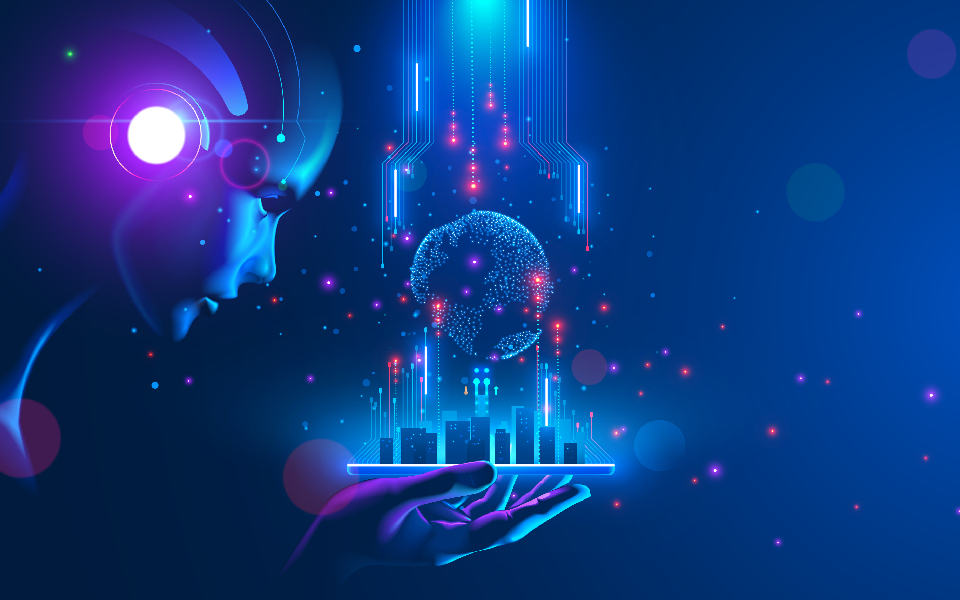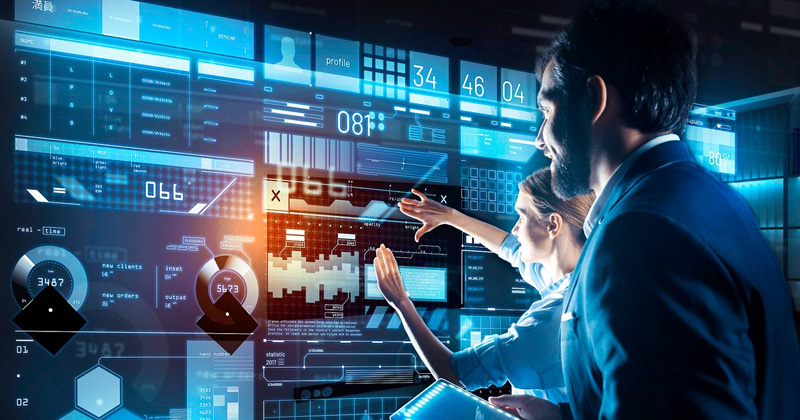
Introduction
Amidst the vibrant tapestry of human resources (HR), the relentless pursuit of efficiency and empowerment forms the heartbeat of our endeavors. As businesses adapt to the digital age, HR practices must evolve accordingly. The integration of Artificial Intelligence (AI) into routine HR tasks marks a new chapter of efficiency, precision, and employee empowerment. Let’s explore how AI-driven measures are reshaping the HR landscape, unlocking productivity and strategic impact.
Streamlining Recruitment Processes
AI revolutionizes recruitment by automating manual resume screening, traditionally a time-consuming and biased process. AI-powered applicant tracking systems (ATS) analyze resumes, identify top candidates, and conduct initial screenings through natural language processing. This automation allows HR professionals to focus on candidate engagement and make informed hiring decisions.
Enhancing Employee Engagement and Retention
AI tools transform how HR teams approach employee engagement and retention. By analyzing data, AI uncovers employee sentiment, identifies patterns, and predicts turnover risks. This proactive approach enables HR to address issues early, fostering a positive work environment. Additionally, AI-powered chatbots provide instant support for routine inquiries, freeing HR personnel for strategic initiatives.
Personalizing Learning and Development
AI reshapes learning and development by analyzing employee skill sets, preferences, and learning styles. This enables HR to tailor training programs, providing personalized learning modules, adaptive assessments, and curated content recommendations. Employees can take charge of their development journey, while HR delivers targeted interventions for skill gaps.
Optimizing Performance Management
AI-driven performance management tools offer a data-driven approach to performance evaluation. By analyzing productivity metrics, peer feedback, and client interactions, AI provides real-time insights into employee performance. This facilitates meaningful performance discussions, goal alignment, and a culture of continuous improvement.
Improving Diversity and Inclusion Initiatives
AI can help HR departments identify and address biases in recruitment, promotion, and performance evaluation processes. By analyzing historical data and patterns, AI algorithms can highlight areas where diversity and inclusion efforts may be falling short. This enables HR to implement targeted strategies to foster a more diverse and inclusive workplace culture.
Forecasting Future Talent Needs
AI-powered predictive analytics can forecast future talent needs based on historical data, market trends, and business projections. This enables HR to proactively address skill gaps, succession planning, and workforce planning strategies. By anticipating future talent requirements, organizations can stay agile and competitive in a rapidly changing business landscape.
Conclusion
The integration of AI into HR tasks represents a significant opportunity for efficiency, precision, and employee empowerment. By embracing AI-driven measures, HR professionals can streamline recruitment, enhance employee engagement, personalize learning and development, optimize performance management, improve diversity and inclusion initiatives, and forecast future talent needs. Let’s leverage AI to propel the HR industry forward and drive organizational success in the digital era.


